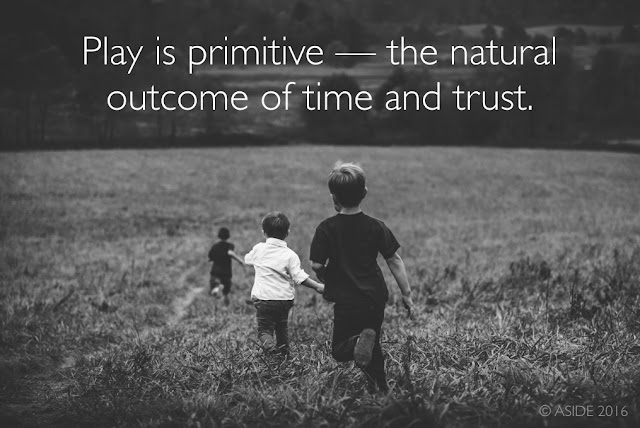 |
| Source: PBS Kids |
Educating younger learners about the 2016 presidential election poses a real challenge. The esoterica of the primary and caucus systems can be difficult to explain. The intricacies of the Electoral College require a background in both United States geography and the Founding Fathers' intents. This year's candidate quirks present a special hurdle, since many of the well-publicized comments are NSFS (Not Safe For School).
Avoiding these challenges, however, would be a disservice. Pretending that the nation picks a president simply by totaling all the votes would be unethical. Teachers might as well never introduce advanced vocabulary or higher-level mathematics.
 |
| Source: PBS Kids |
Fortunately, PBS Kids has assembled a terrific array of resources in its "You Choose 2016" platform. The kid-friendly range of videos, printouts, and interactives address all of the major election aspects at a level perfect for elementary students.
 |
| Source: PBS Kids |
The "Campaign Poster" interface invites children to decorate and customize their own election placards. The "Trading Cards" area includes colorful renderings of presidents and first ladies to inspire students through a gamification approach.
All told, PBS Kids does a masterful job of avoiding the hard-to-answer questions about the 2016 controversies and instead highlighting the history and the fun of the U.S. presidency.







